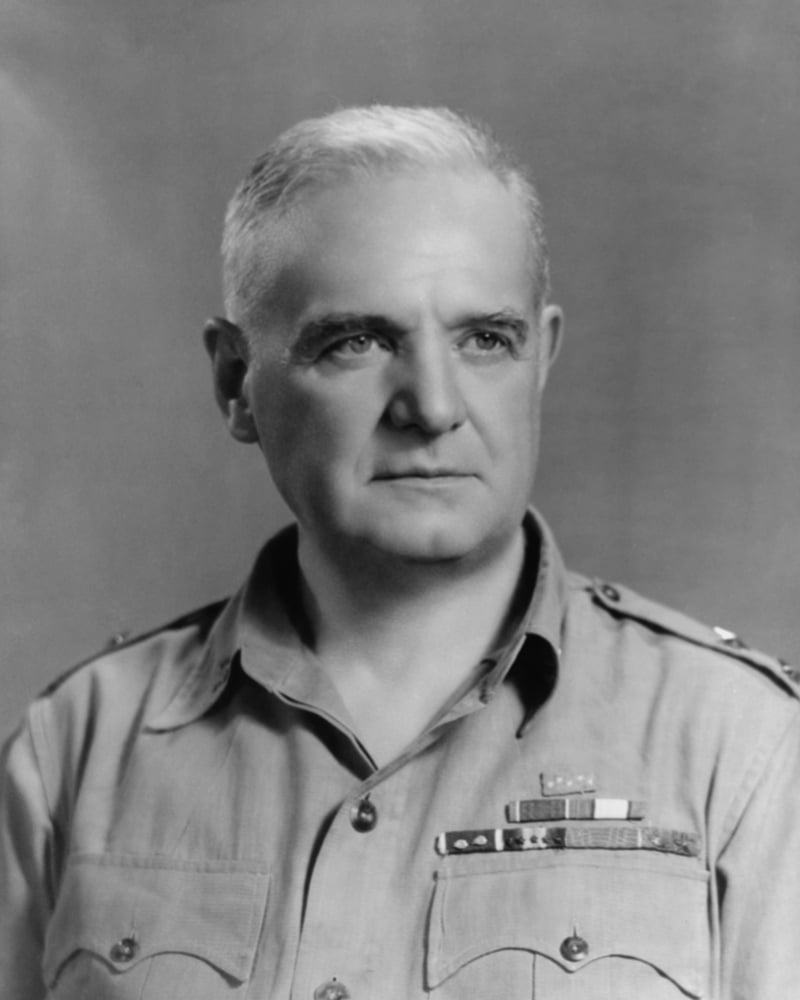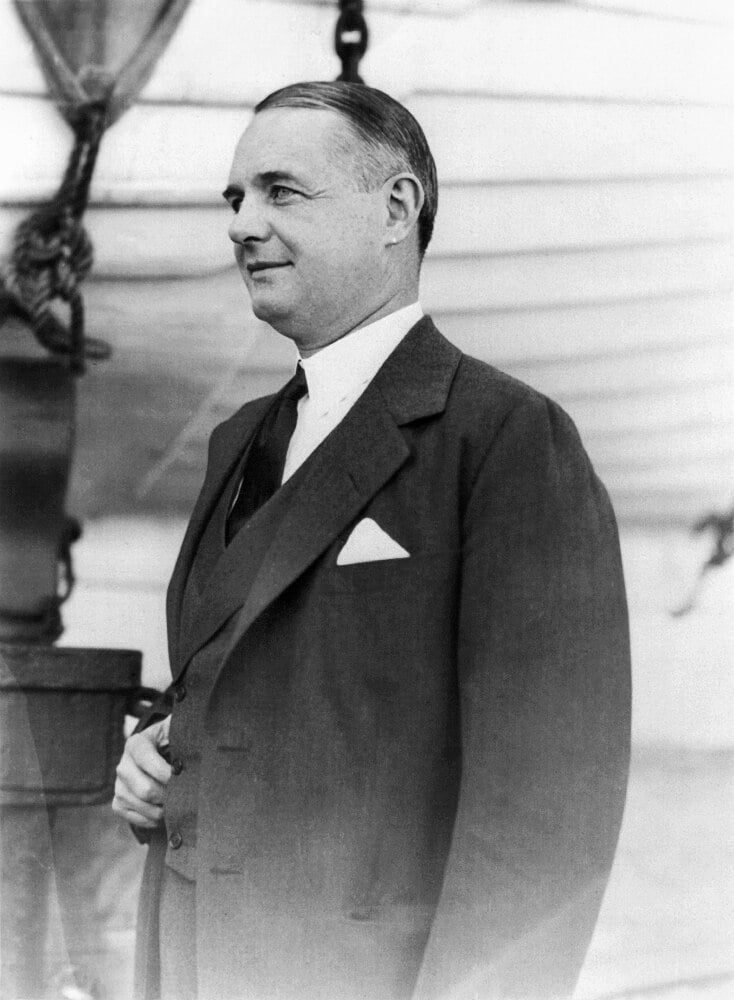
In 1940, a friend of President Franklin Roosevelt suggested that he appointed Donovan to his cabinet, according to Troy's biography. Now, upon leaving the Justice Department, he resumed this exotic sideline, traveling to Ethiopia in 1935 and Spain in 1939. As early as 1919, just after the war, he had been sent to Siberia to perform an intelligence mission for the U.S. Meanwhile, Donovan pursued a secret life. His career in elective politics sputtered-he lost a bid to become New York governor on the Republican ticket in 1932-but his legal career thrived. Troy’s 1981 biography Donavan and the CIA, Donovan was devastated when, in early 1929, incoming President Herbert Hoover failed to give him the top Justice Department spot.ĭonovan left government that year, moved to New York, and founded the white-shoe firm of Donovan, Leisure, Newton & Irvine. Stone left for the Supreme Court in 1925, but Donovan stayed, heading the criminal division and, later, the antitrust unit. In 1924, he moved to Washington, D.C., where President Calvin Coolidge appointed him to become assistant to the attorney general, who was Harlan Fiske Stone. Donovan was wounded in battle three times, returning home as one of America’s most decorated soldiers, with a Distinguished Service Cross, the Medal of Honor, the Légion d’Honneur, and the Order of the British Empire, among others.Īfter the war, Donovan returned to Buffalo, where he became U.S. Though accounts differ, many sources say he won his nickname, “Wild Bill,” from a member of his battalion who was weary of the exhausting physical drills he led.

When World War I broke out, he joined the 165th Regiment. Army hunt for revolutionary general Pancho Villa along the Mexican border. In 1912, he formed a National Guard troop which, in 1916, helped the U.S. After graduating, Donovan married and began practicing law. He began college there but transferred to Columbia in 1904, where he became a star quarterback, and then stayed for law school.

He was thus a major architect of the CIA.”ĭonovan was born to a working class, Irish Catholic family in Buffalo, New York, in 1883. Donovan understood that as a world power, the post-World War II United States would need to build and maintain a permanent, standing intelligence capability. “American intelligence operations go back to the Revolution,” observes Matthew Waxman, the Liviu Librescu Professor of Law and chair of the Hertog Program on Law and National Security, “but they were largely a wartime phenomenon. An 1898 graduate, Fiske taught at CLS from 1899 to 1905 and served as dean from 1910 to 1923.) (Donovan graduated in 1908 Roosevelt attended the fall of 1904 to the spring 1907, but took the bar and passed without graduating. A graduate of Columbia College in 1905, Donovan then attended Columbia Law School, where he would meet classmate and future president Franklin Delano Roosevelt and CLS dean and future Attorney General and Chief Justice of the United States Harlan Fiske Stone. This month, which marks the 75th anniversary of the creation of the OSS, the predecessor to the Central Intelligence Agency, and Donovan's greatest legacy, Columbia can boast of having played a central role in his remarkable career. attorney general, a renowned Supreme Court advocate, and the founder of a powerhouse Wall Street law firm that remained a fixture of the corporate legal landscape for 70 years. attorney, an assistant to the chief Nuremberg prosecutor, an assistant to the U.S.

Even those who have heard of him may not know that he was a lawyer, let alone a lion of the bar, serving as a U.S. (Photos courtesy of the CIA) History recognizes William “Wild Bill” Donovan as the “father of American intelligence” for his service in creating, and then leading, the Office of Strategic Services (OSS), the country’s first centralized spy agency.ĭonovan’s singular achievements in other realms, however, are not quite so well known. Columbia would play a pivotal role in his career. A 1908 CLS graduate, William Donovan is known as the father of American intelligence.


 0 kommentar(er)
0 kommentar(er)
